
ChemBio Newsletter
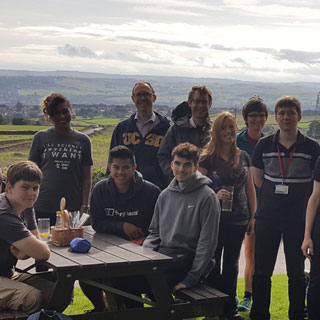
The School of Chemistry and Biosciences received its departmental Athena SWAN bronze award in April 2018, recognising our ongoing commitment to promote gender equality for both staff and students.
The School Equality Diversity and Inclusion committee and Athena Swan champions have analysed staff and student data, demonstrated progress against our action plan as indicated in green in the summary action plan progress and resubmitted a Bronze renewal application aligned with the Transformed Athena Swan principles in September 2023.
The Athena SWAN charter was established by the Equality Challenge Unit in 2005 to encourage and recognise commitment to the advancement of gender equality. Originally, the charter was launched to advance the careers of women in STEMM in higher education and research. In May 2015, the charter was expanded to recognise work undertaken in arts, humanities, social sciences, business and law. As an equality charter of Advance HE, the key principles which underpin the Athena Swan Charter can be found at The transformed UK Athena Swan Charter.
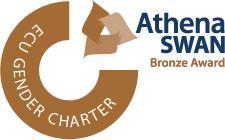
We are committed to demonstrate a culture change within our School and have increased the recruitment and progression of female academics (now 35% academic staffing). We continue our work in this area embedding the ambitious activities outlined in the Athena SWAN action plan. We will begin to expand our thinking beyond gender balance considering other issues such as ethnicity, a sector wide issue in STEMM, also identified in our data.
Examples of initiatives that have been undertaken as part of the School’s Athena SWAN agenda are listed on the right:

ChemBio Newsletter

ChemBio Newsletter

ChemBio Newsletter

ChemBio Newsletter

ChemBio Newsletter
The School of Chemistry and Biosciences Bronze Athena SWAN renewal application submitted in September 2023, shows our continued development towards a diverse and inclusive society. Read our full proposal here...
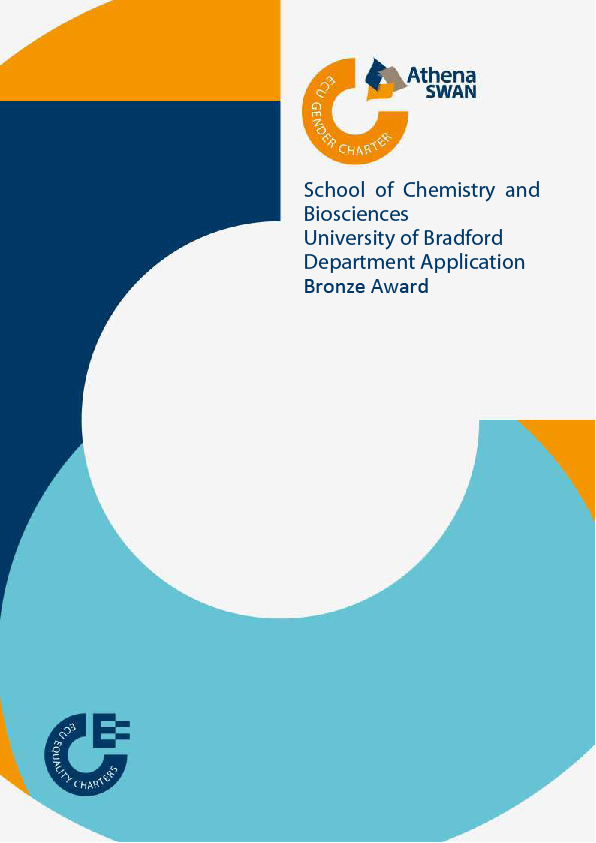
If you require this information in an alternative format, please contact our team. You can also read our Website Accessibility Statement.
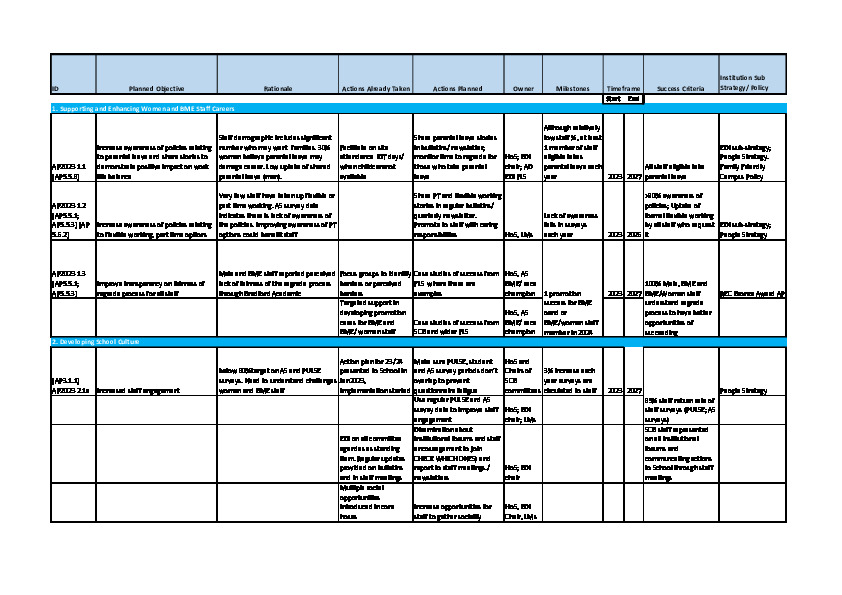
If you require this information in an alternative format, please contact our team. You can also read our Website Accessibility Statement.
The School of Chemistry and Biosciences Bronze Athena SWAN commitment, written and submitted in December 2017, shows our intent to ensure we are a diverse and inclusive society. Read our full proposal here...
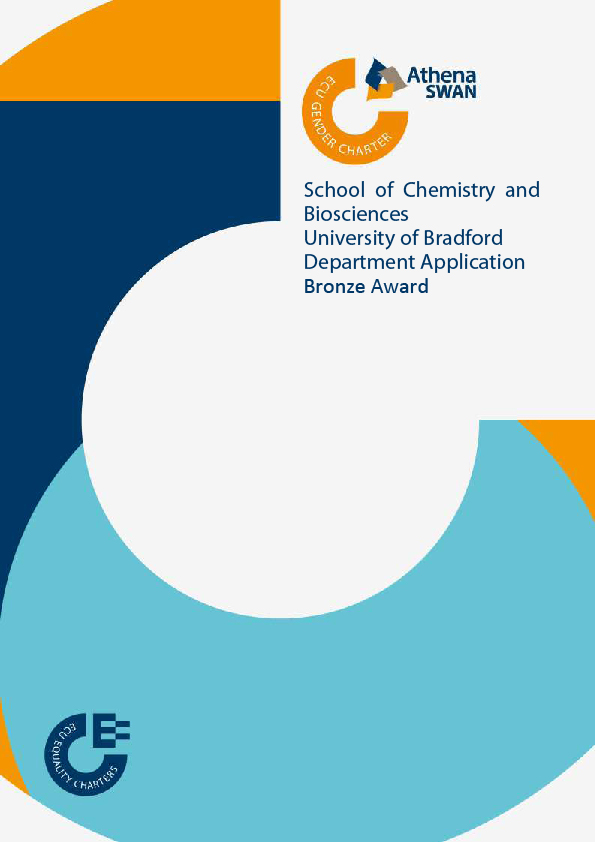
If you require this information in an alternative format, please contact our team. You can also read our Website Accessibility Statement.
Direct feedback from the Athena SWAN committee regarding our application, showing both our strengths and weaknesses, and highlighting areas of the school we wish to improve.
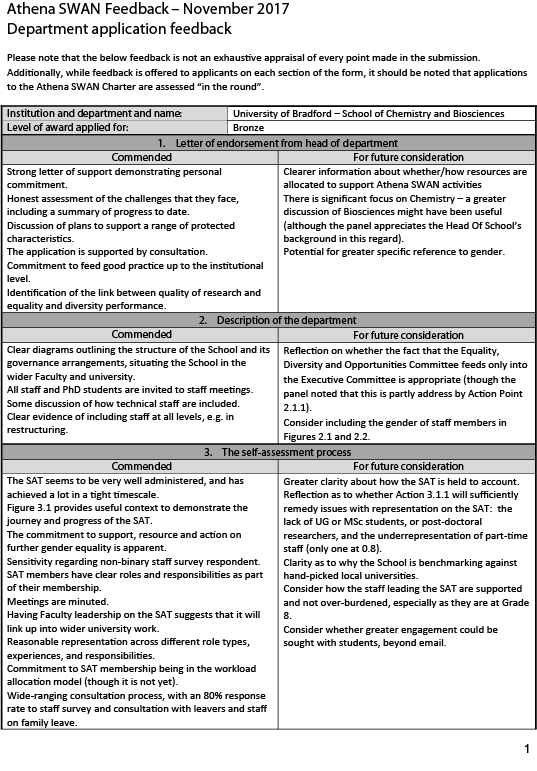
If you require this information in an alternative format, please contact our team. You can also read our Website Accessibility Statement.
The EDI committee succeeded the EDOC committee set up in 2017 as part of the AS action plan. The committee includes Athena Swan champions and our Athena Swan Self Assessment Team.
The committee meets bi monthly and continues to work hard to implement the priorities identified in the School Action Plan 2023 27, feeding priorities and progress into the Faculty EDI committee and Athena Swan implementation group and contributing to the developing Athena Swan Faculty silver application.
EDI committee is co-chaired by Prof Anne Graham and Dr Zak Hughes and continues to feed directly into the School Leadership Team. Current committee members are shown below.
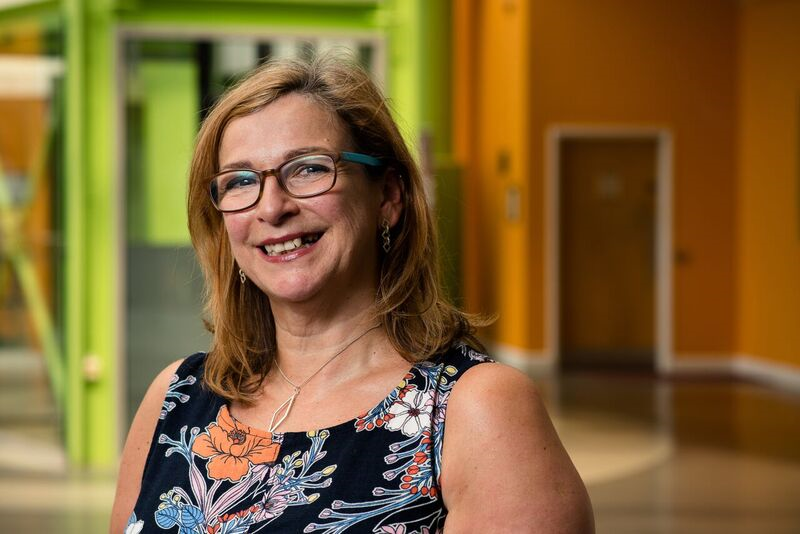
Head of School of Chemistry & Biosciences, Professor of Biochemistry
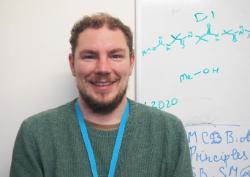
Assistant Professor in Computational and Theoretical Chemistry

Associate Professor in Medical Sciences
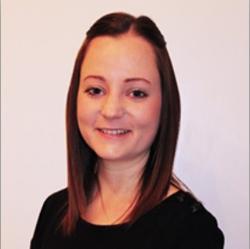
Lecturer in Biomedical Sciences
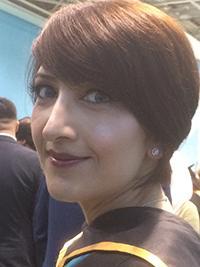
Assistant Professor in Biomedical Sciences

Assistant Professor in Biomedical Science
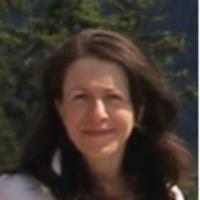
Assistant Professor in Biomaterials

Assistant Professor in Chemistry

Lecturer in Skin Sciences

Lecturer in Biochemistry

Assistant Professor of Chemistry

Biomedical Sciences Technician

PhD Student
We are always keen to hear about ideas to develop our School culture or if you want to know more about how you can get involved please contact either [email protected] or [email protected]. Regular updates on EDI are communicated through fortnightly bulletins or at monthly staff meetings. All our staff and students within the School who have any concerns or questions about the School’s provision are encouraged to get in touch.
For matters outside the School we encourage you to visit the Equality and Diversity Unit website (this link still works fine) Equality and Diversity Unit website.